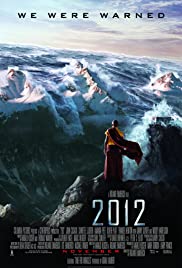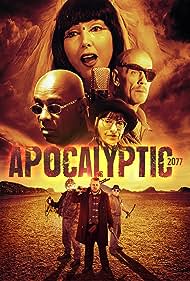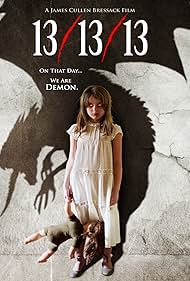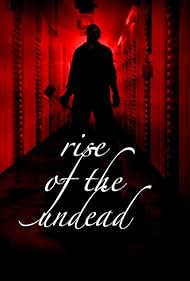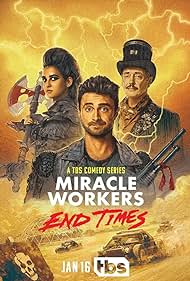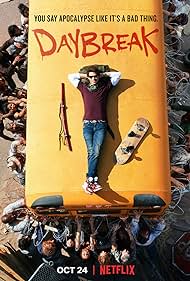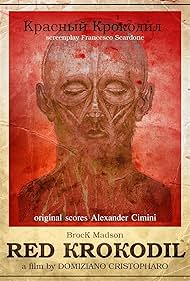Die neun Leben des Tomas Katz Colonna sonora (2000)

Acquista su Amazon Riproduzione e download di colonne sonore
Die neun Leben des Tomas Katz
Die neun Leben des Tomas Katz
The Nine Lives of Tomas Katz
Sinossi
The Nine Lives Of Tomas Katz Review
84 minutes, UK/Germany (2000), The second feature from British writer-director Ben Hopkins, this is a low-budget, apocalyptic black comedy. Erratically executed, it still exudes eccentric inventiveness
On the day of a solar eclipse, stranger Tomas Katz (the hugely versatile Fisher) materializes from a man-hole at the edge of the M25. Inexplicable powers enable this bizarrely-dressed individual to take on the identities of people he comes into contact with, and in these different guises - taxi-driver, government minister, London Underground controller, security guard - he wreaks havoc on a fast-disappearing metropolis. Suddenly the Tube trains are carrying the souls of the dead to the Valley of Judgement, whilst the country has declared war on an obscure Pacific island. Only the mystical and blind Chief of the Metropolitan Police (McNeice) can foil Katz and prevent the end of the world by finding the legendary astral child.
The highly improvised The Nine Lives of Tomas Katz draws on a whole range of references and influences, including Monty Python, German expressionism, 'The Day Today', MTV pop videos, and Derek Jarman. Handsomely shot in black and white, there's evidence here of a fertile cinematic imagination on the part of Hopkins (whose previous feature, Simon Magus, was similarly shot through with the uncanny), enabling the spectator to view (and hear) London from a fresh perspective.
However, there's also a significant downside to the freewheeling style in the form of erratic pacing, ramshackle structure and woolly ideas, which result in the film becoming irritating, at times little more than a series of surreal set-pieces. The fact that the credits include a dedication to "the bollards and windows of London", gives some indication of the off-the-wall nature of the whole enterprise.
Scarica e riproduci l'elenco delle colonne sonore
| Suonare | Titolo | Artista |
|---|---|---|
|
Die neun Leben des Tomas Katz
|
||
|
Die Wallfahrt Nach Kevlaar
|
Heinrich Heine:
Esecutore
|
|

